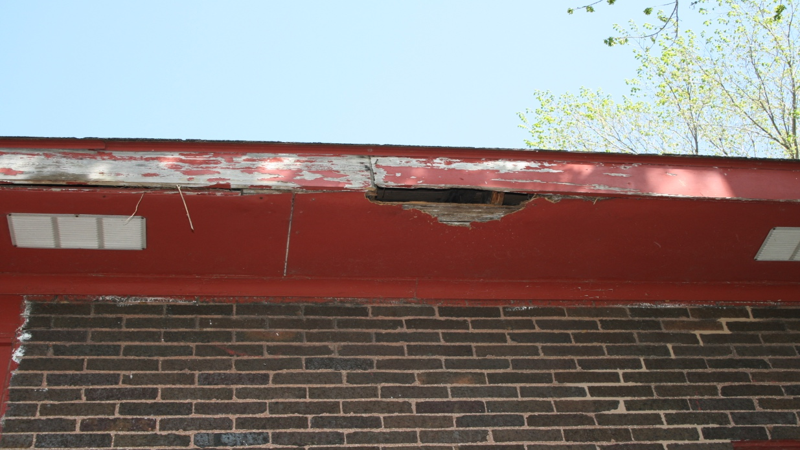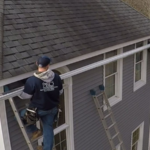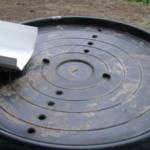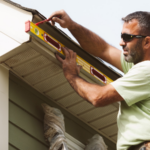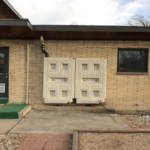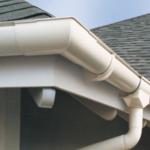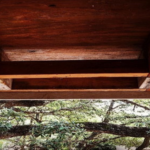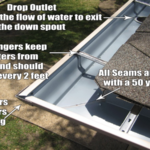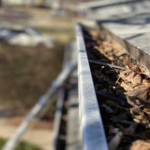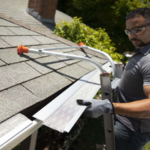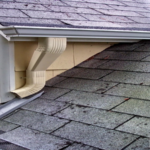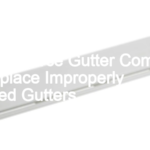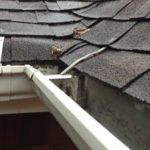It is typically recommended that gutters be replaced every 20 years. However, many factors can contribute to the need for replacement sooner, including severe weather conditions, improper installation, and poor maintenance.
How do I know if my gutters need to be replaced?
Your gutters are sagging or pulling away from your home.
Your gutters are leaking or dripping.
Your gutters are cracked, split, or otherwise damaged.
Your gutters are full of debris.
Your gutters are rusting.
How many years should gutters last?
Gutters are an important part of any home’s exterior, and they should be cleaned and maintained on a regular basis to ensure that they are functioning properly. Depending on the type of gutters you have, they can last anywhere from 20 to 50 years. However, if they are not properly maintained, they will not last as long and will need to be replaced sooner. Here is a guide on how often gutters should be cleaned and how many years they should last.
Gutters should be cleaned at least once a year, preferably in the spring or fall. This will help to remove any debris that has collected in the gutters and prevent them from becoming clogged. If gutters are not cleaned on a regular basis, they can become clogged and cause water to back up and overflow, which can damage your home’s foundation.
There are two types of gutters: sectional and seamless. Sectional gutters are made up of individual sections that are joined together, while seamless gutters are made from one continuous piece of material. Seamless gutters are less likely to leak and are easier to clean, but they are more expensive.
Sectional gutters should be replaced every 20 to 30 years, while seamless gutters can last up to 50 years. However, both types of gutters will need to be replaced sooner if they are not properly maintained.
What is the most common problem with gutters?
One of the most common problems with gutters is that they can become clogged with leaves, dirt, and other debris. If this happens, the water will not be able to flow freely through the gutter and could potentially cause damage to your home.
What happens if you don’t replace gutters?
If you don’t replace your gutters, the rainwater will pour down the sides of your house, causing water damage and possible leaks. Your paint will also start to peel and chip, and your foundation could crack.
Should I replace 20 year old gutters?
There is no definitive answer, as it depends on the condition of your gutters and your budget. If your gutters are still in good condition, you may not need to replace them. However, if they are starting to show signs of wear and tear, or if you are doing other home improvement projects, you may want to consider replacing them.
Should gutters be replaced with roof or siding?
There is no easy answer when it comes to deciding whether to replace your gutters or your roof or siding. However, there are a few factors you can consider that may help you make your decision.
First, consider the age of your home. If your home is relatively new, then it is likely that your gutters are still in good condition and do not need to be replaced. On the other hand, if your home is older, then your gutters may be starting to show signs of wear and tear and may need to be replaced.
Second, take a look at the condition of your roof and siding. If your roof or siding is in need of repair or replacement, then it is likely that your gutters will also need to be replaced.
Third, consider the cost of replacement. Gutters are typically less expensive to replace than roofs or siding. Therefore, if you are on a tight budget, replacing your gutters may be the best option.
Finally, think about the appearance of your home. If you are concerned about the appearance of your home, then replacing your gutters may be the best option. Gutters come in a variety of colors and styles and can be matched to the exterior of your home.
Bottom Line
It is important to keep your gutters clean and in good repair. Clogged or damaged gutters can cause water to back up and damage your home’s foundation or siding. Most experts recommend cleaning gutters at least twice a year, in the spring and fall.
